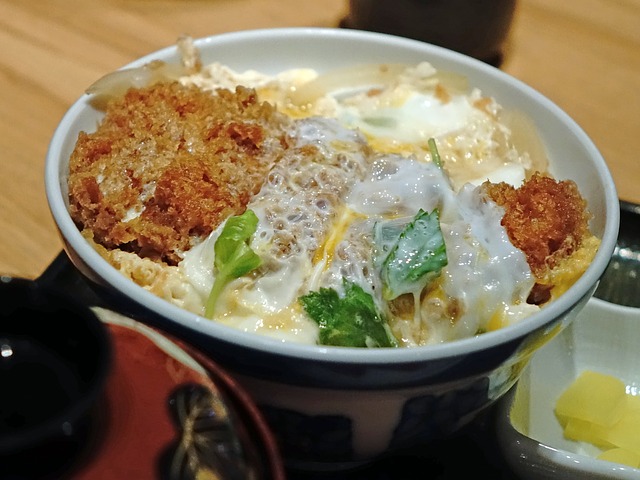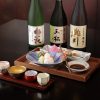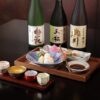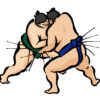What does “itadakimasu” mean? いただきます 頂きます

“Itadakimasu (いただきます:頂きます)”
This is a Japanese greeting before a meal.
For example, it is like a prayer that Christians give before a meal.
The word “Itadakimasu” has been considered to be one of the unique customs in Japan since ancient times, but there is a theory that it became established in the whole country after the Showa era.
Let’s take a closer look at “Itadakimasu”.
What does itadakimasu mean?
There is also a custom of saying “gochisousama deshita” when you finish your meal. These greetings are used to express gratitude to the person who prepared the meal, the producers of the ingredients, and the ingredients themselves.
In countries other than Japan, Christians, for example, pray before meals or say “enjoy your meal", “Bon Appétit" or the like to those who are about to eat.
With regard to “itadakimasu”, human beings kill the lives of plants and animals, get their lives, cook them, and eat them to maintain our lives.
“Itadakimasu” expresses gratitude for the great nature that “we live at the expense of many creatures”.
In addition, since the time of life of the person who cooks is also received, the meaning of gratitude to that person is also included.
What is the origin of “itadakimasu”?
“Itadaki(いただき、頂、頂き、戴、戴き)” of “itadakimasu” is a humble expression of “morau(もらう:receive)” and humble expression and polite expression of “taberu(たべる、食べる:eat)” or “nomu(のむ、飲む:drink)”.
Separating “Itadakimasu” grammatically;
“Itadaki いただき(noun) +
masu ます(an auxiliary verb meaning politeness)".
“Itadaki” means the top of the mountain or higher than the head.
This word originally meant the action of putting something on a human head. It has changed to mean the act of raising the gift high to show gratitude when receiving gifts from superiors.
“Itadaki” then changed to the verb “itadaku(いただく、頂く、戴く)”.
After that, “itadaku” changed to a humble term meaning “get” and to eat together in front of God or in front of you.
Later, the meaning of “itadaku” changed to the word “morau (receive) which is a humble expression, and also an act of dining together in front of God or noble people.
A Shinto altar for offerings is usually located high in the room. In the past, people were appreciatively receiving food from that high position. Therefore, they included the meaning of gratitude for those who gave them food or drink or gratitude for God.
However, it is said that it was after the Showa era that the habit of saying “itadakimasu” before meals were established in Japan.
Because there is no literature to support that old Japanese thanked farmers and cooks by saying the word “itadakimasu”.
There is a theory that the word “itadakimasu” came to be used in some TV programs, and then Japanese people started saying “itadakimasu” before meals. This theory is considered to be correct.
Nowadays, Japanese people simply say “itadakimasu" when they eat what they have bought, when they receive something and eat it or when they eat what they have cooked.
Now, this word is often used as a simple greeting before eating, and many young people may not know the origin of this word.
If you have a chance to eat in Japan, or if a Japanese has prepared a meal for you (in Japan), it would be nice to say “itadakimasu”.
It gives a polite impression and the people who are said would be happy.
















